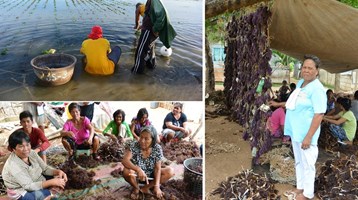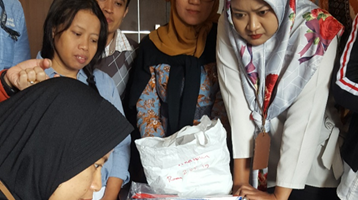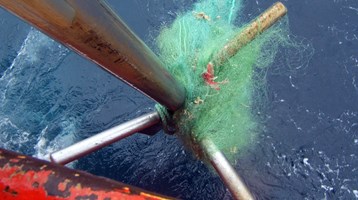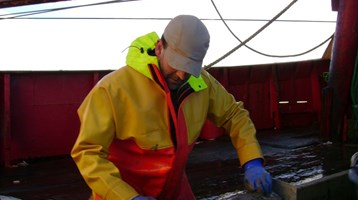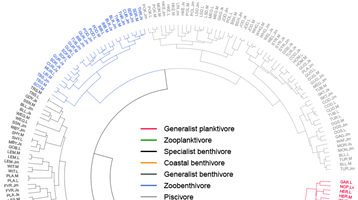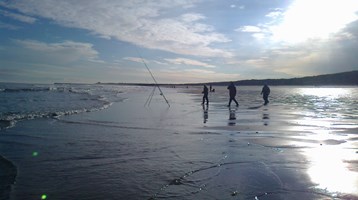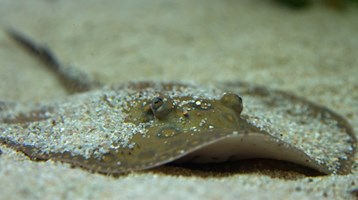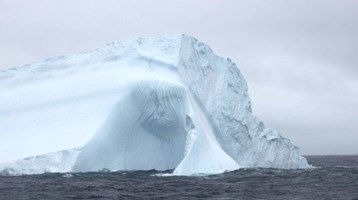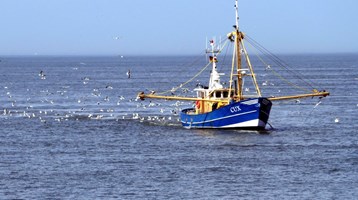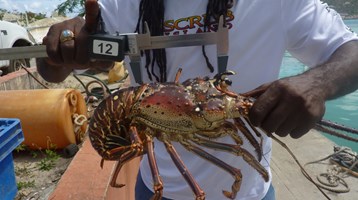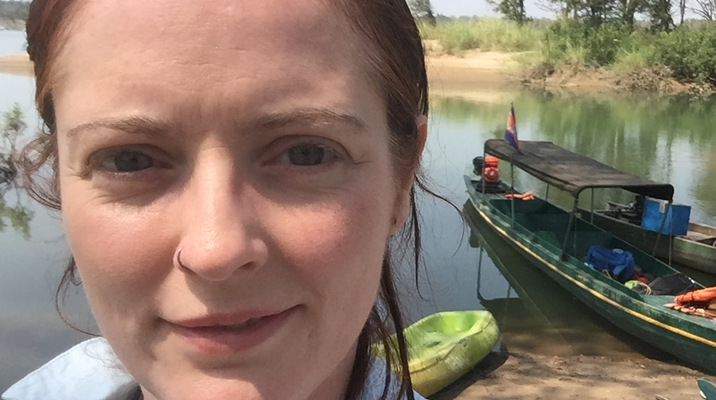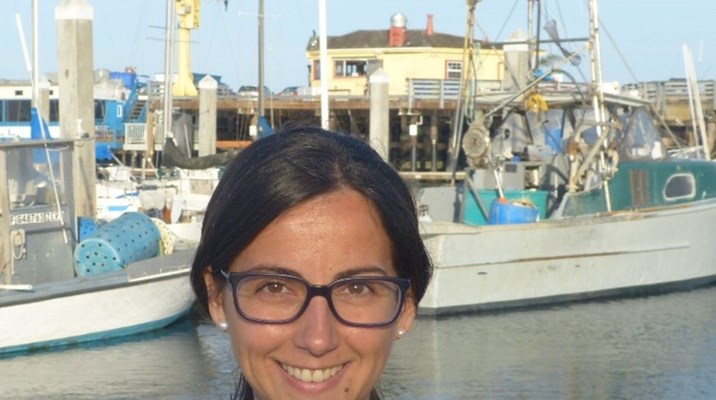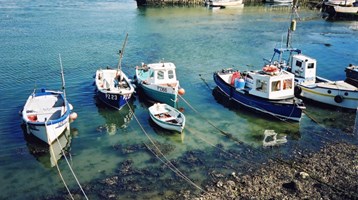Dr Paul Dolder
Principal Scientist – Mixed Fisheries
Paul is a Principal Scientist and advisor leading on mixed fisheries and how technical interactions affect management outcomes for demersal stocks.

A focus of Paul’s work is on coupling population dynamics and fleet dynamics in bioeconomic simulation models to understand fishery interactions and the consequence of management decisions for different fleets and fish populations. He also works on spatio-temporal modelling of fishery-independent and fishery-dependent data to understand spatial interactions between fish populations and fleet activity, and methods to evaluate the impact of technical measures (e.g. gear changes, spatial closures) on management outcomes.
Paul joined Cefas in 2011 and has over 15 years’ experience in policy and fisheries management advice, including advising Government Ministers and senior officials. He is a former chair of ICES Working Groups on Mixed Fisheries Advice and Mixed Fisheries Methods (WGMIXFISH) and recently chaired ICES’ workshop on the next generation of mixed fisheries advice (WKMIXFISH).
Paul leads research projects with a focus on applied management solutions to address the challenges mixed fisheries present, addressing questions of sustainability, trade-offs, and alternate management approaches to traditional single stock management. As part of this, he coordinates Cefas’ Food from Water subtheme on the application of mixed fishery and multispecies approaches.
Publications:
Selected Publications:
Dolder, P. J., Thorson, J. T., & Minto, C. (2018). Spatial separation of catches in highly mixed fisheries. Scientific reports, 8(1), 1-11.
Dolder, P. J., Minto, C., Guarini, J. M., & Poos, J. J. (2020). Highly resolved spatiotemporal simulations for exploring mixed fishery dynamics. Ecological Modelling, 424, 109000.
Mangi, S. C., Dolder, P. J., Catchpole, T. L., Rodmell, D., & de Rozarieux, N. (2015). Approaches to fully documented fisheries: practical issues and stakeholder perceptions. Fish and Fisheries, 16(3), 426-452.


